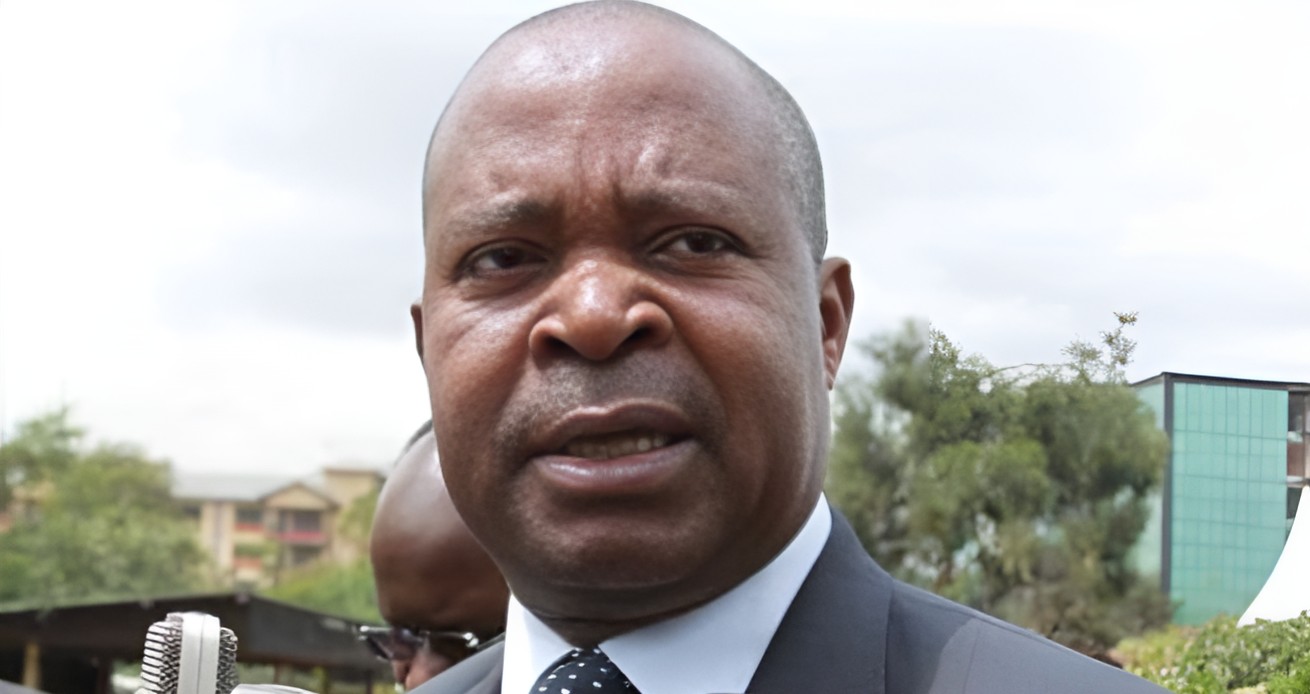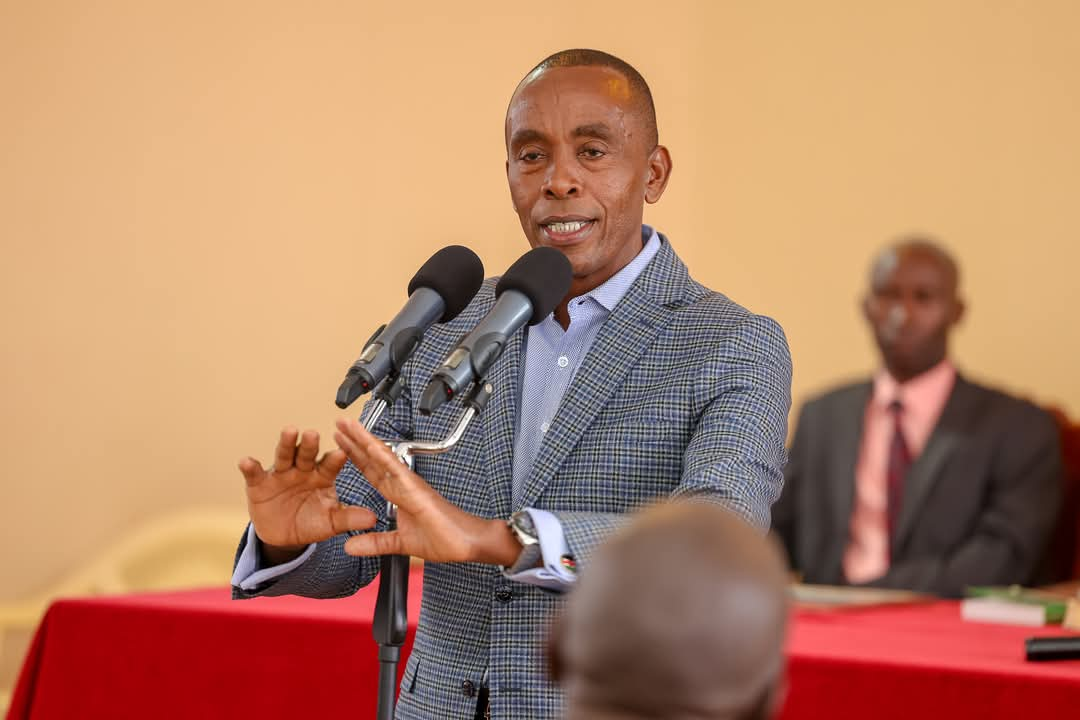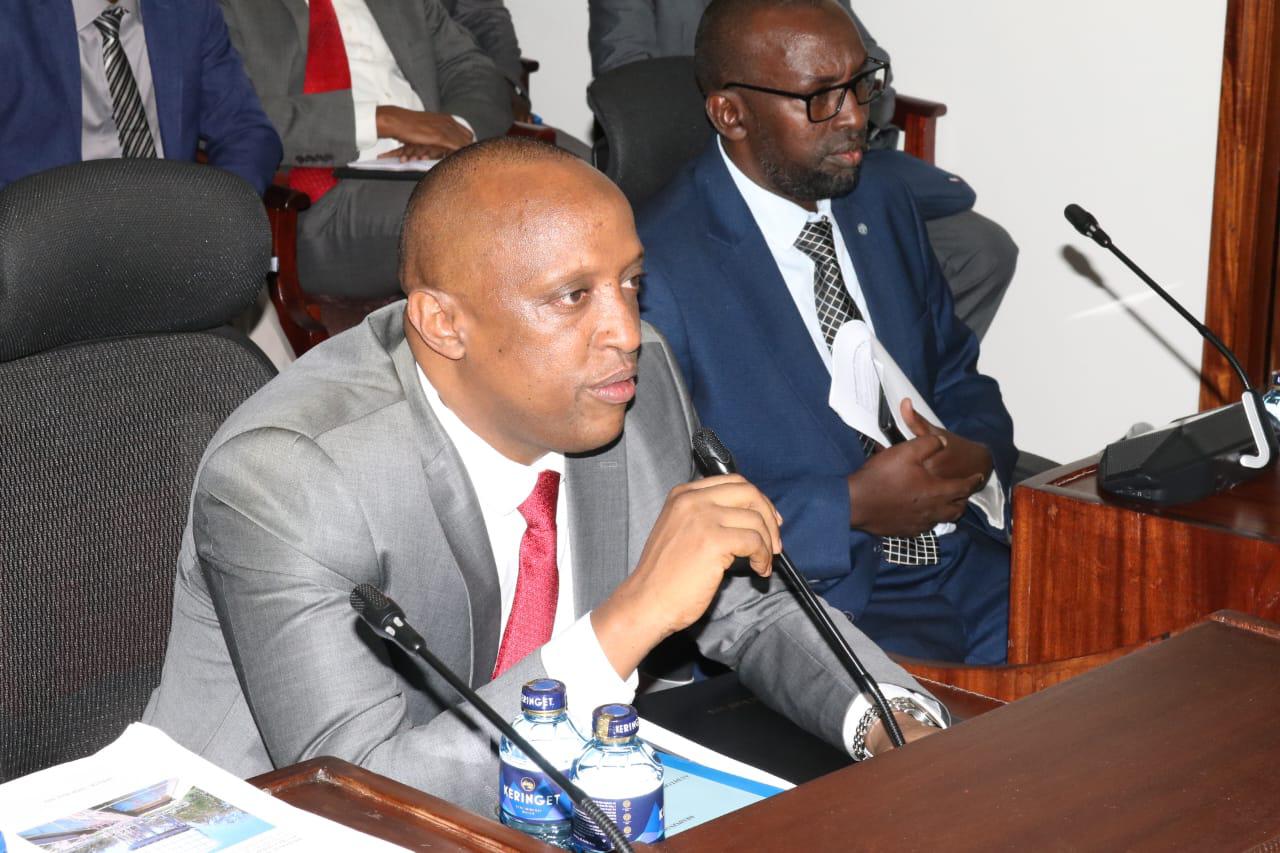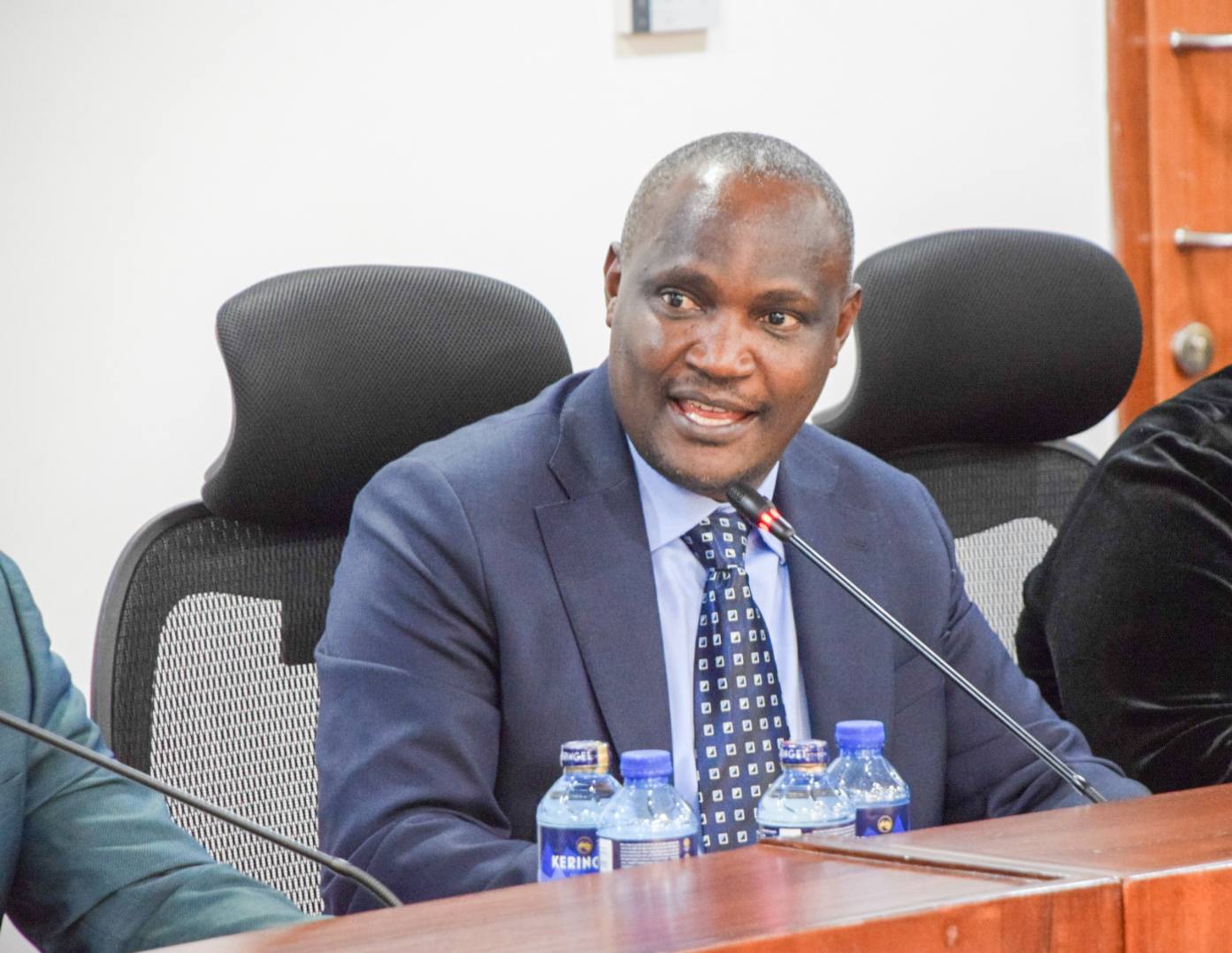High revenue expectations behind pending bills, warns Controller of Budget

Nairobi has been known to project a collection of Sh20 billion, only to collect Sh12 billion, leaving a shortfall of Sh8 billion, which then contributes to the pending bills crisis.
The issue of pending bills in Kenyan counties, which has escalated into a national crisis, has been attributed to unrealistic own-source revenue projections by county governments.
Margaret Nyakang’o, the Controller of Budget (CoB), voiced her concerns about the overestimation of revenue by governors, warning that such practices contribute significantly to the growing pile of unpaid bills.
More To Read
- Controller of Budget halts funds to counties over expired bursary, loan programmes
- Report reveals State House blew Sh1 billion on local travel in nine months
- Small businesses struggle as government pending bills surge to Sh684 billion
- KeRRA, KeNHA lead in Sh4.1 billion penalties over pending bills as contractors feel the pinch
- CoB report: Vihiga, Homa Bay MCAs earn over Sh70,000 in allowances as Busia, Mandera take home the least
- Treasury fails to release Sh30 billion in pension payments- CoB
Speaking at the annual Institute of Certified Secretaries conference in Mombasa, Nyakang’o highlighted how some governors base their spending decisions on inflated revenue figures, ultimately leading to financial shortfalls.
"Governors place orders based on higher amounts, even when the cash is not there," she explained. This practice, she continued, makes it difficult for counties to pay their bills, leading to the build-up of pending debts.
Nyakang’o pointed to major urban counties, including Nairobi and Mombasa, as being particularly problematic in this regard.
She pointed out that these counties often overestimate their revenue projections by significant margins. For instance, Nairobi has been known to project a collection of Sh20 billion, only to collect Sh12 billion, leaving a shortfall of Sh8 billion, which then contributes to the pending bills crisis.
The CoB also raised alarms about the lack of financial discipline in county governments and the overpricing of county projects, which further exacerbates the situation.
"There is a need for greater financial discipline among county governments," she added, calling for a more realistic approach to budgeting and spending.
Governors' frustrations
In defense of the performance of county governments, the Council of Governors (CoG) chairman, Ahmed Abdullahi, who is also the governor of Wajir, expressed his frustration with the current financial structure.
He pointed out that counties only receive 10 per cent of the national budget, which amounts to approximately Sh400 billion for the 47 counties.
Despite the limited resources, Ahmed argued, county governments have achieved significant progress, particularly in sectors such as healthcare and early childhood education.
"Since the advent of devolution, more doctors, nurses, and ECDE teachers are on payroll, and our people are receiving better services despite the limited resources," Ahmed remarked, emphasising the positive impact of devolution in improving service delivery. However, he acknowledged that more work still needs to be done.
He further criticised the expanding bureaucracy in government, which he believes is a contributing factor to financial constraints faced by counties.
He suggested that the issue lies not in the county structure itself but in the increasing complexity of the bureaucracy, which burdens county governments even as they take on more functions.
The CoG chairman also addressed concerns about the roads maintenance levy, explaining that counties are only seeking their constitutional right to maintain county roads.
"We have no fight with MPs whatsoever," Ahmed clarified, stressing that county governments merely want their fair share to manage local infrastructure.
He called for a more equitable distribution of resources to allow counties to carry out their mandated responsibilities.
At the conference, Nyakang’o also highlighted the need to reform the financial system to ensure that counties receive the support they need to avoid further delays in payments.
"We are being set up for failure," she warned, underscoring the importance of addressing the financial flow issues that hinder county operations. She added that holding governors accountable for the proper use of funds is crucial for the successful implementation of devolution.
Top Stories Today











































